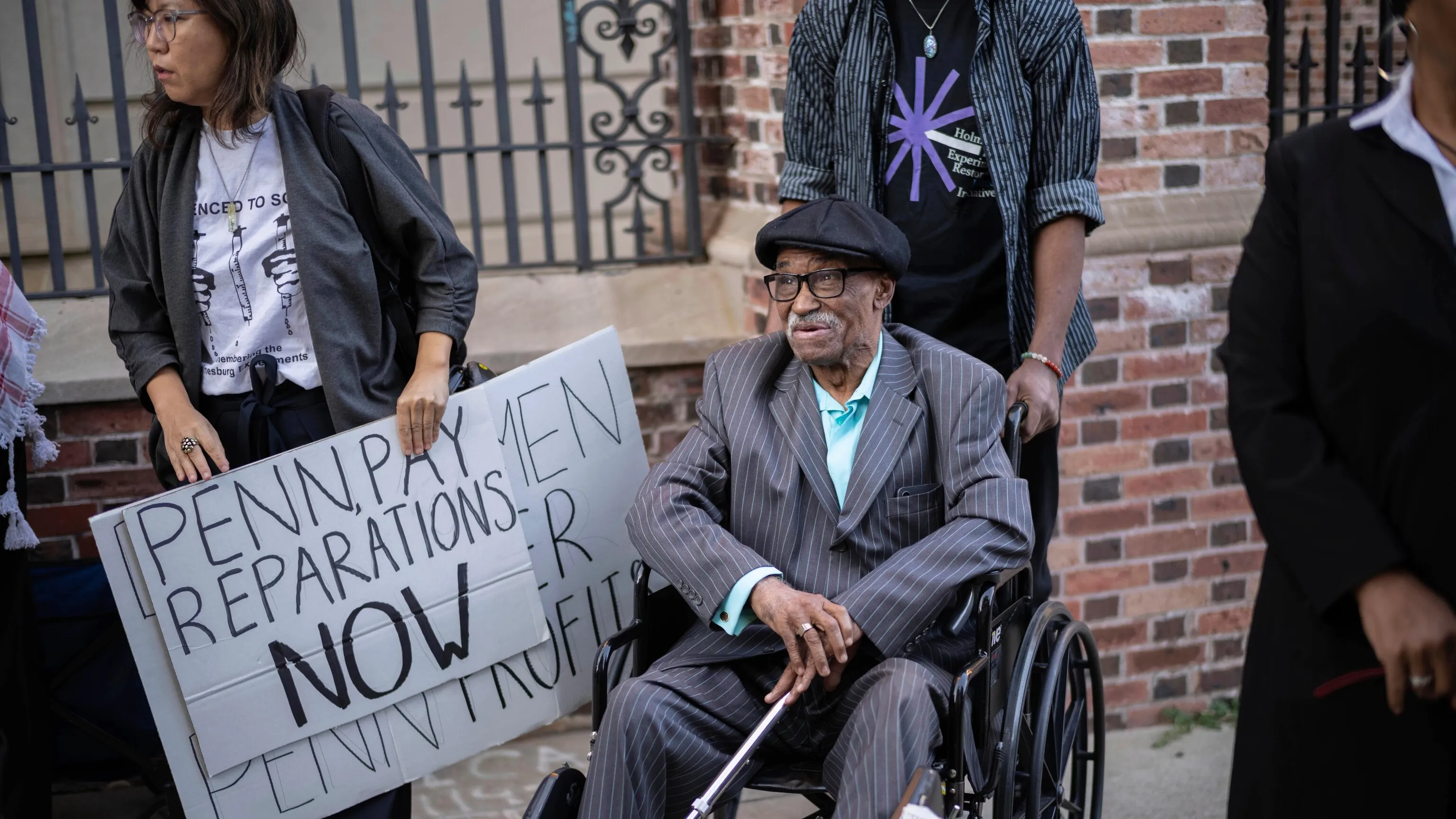Impact of Medical Research on Health in U.S. Prisons: Seeking Justice for Affected Families

Historical Context of Medical Research in Prisons
Medical research has significantly impacted the health of incarcerated individuals. Fifty years ago, Philadelphia prison officials halted a medical testing program that permitted human testing on inmates, raising serious ethical questions. This program was operated by a researcher from the University of Pennsylvania.
The Need for Reparations
As families affected by these practices advocate for justice, the conversation around necessary reparations emerges. Reparations are not just about acknowledgment; they are about restoring dignity and addressing past injustices.
Current Discourse in U.S. News
- Increasing awareness of ethical standards in medical research.
- The role of health policies in preventing similar occurrences.
- Advancements in healthcare regulations to protect vulnerable populations.
Conclusion
In conclusion, the legacy of medical research in prisons requires ongoing scrutiny. Families impacted by unethical medication testing deserve recognition and action. The significance of this issue calls for collective efforts towards reform.
This article was prepared using information from open sources in accordance with the principles of Ethical Policy. The editorial team is not responsible for absolute accuracy, as it relies on data from the sources referenced.